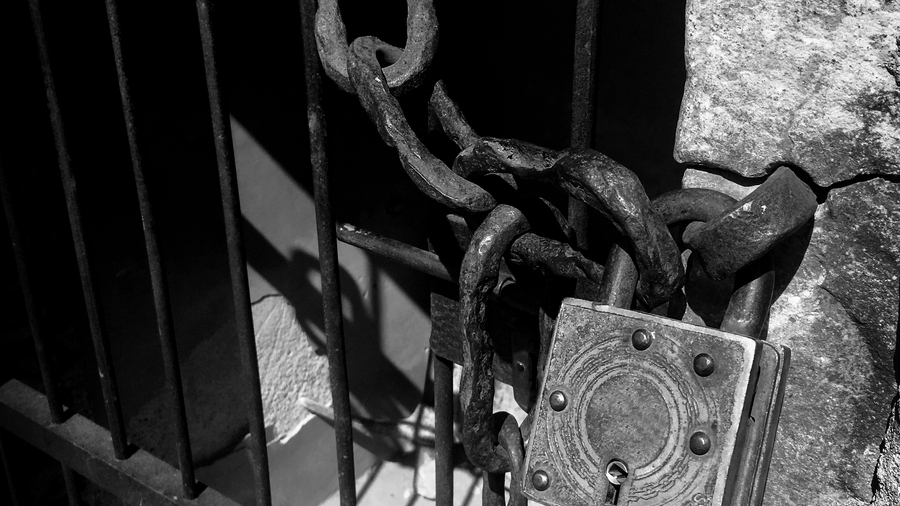Can life behind bars hold a mirror up to the world outside? This is, by no means, a rhetorical query. The latest data released by the National Crime Records Bureau on the disproportionate share of India’s minorities — Dalits, Muslims and tribal people — among undertrials and convicts in prisons for the year, 2019, raise some uncomfortable queries. The numbers and the relevant anomalies are staggering. Muslims, with a population share of 14.2 per cent, form 16.6 per cent of all convicts and 18.7 per cent of India’s undertrials. For the tribal constituency — it comprises 8.6 per cent of India’s population — the figures are 13.6 per cent and 10.5 per cent, respectively. The Dalits, consisting of 16.6 per cent of the population in 2011, made up 21.7 per cent of convicts and around 21 per cent of undertrials. The corresponding figures for segments that are not on the margins — upper caste Hindus, for instance — are revealing. It is estimated that this group forms 19.6 per cent of the total population but their share among undertrials and convicts stands at 16 per cent and 13 per cent. The representation of other backward classes in these two categories in terms of their ratio to their total population is not that bleak either.
Taken together the data are far from reassuring. There is reason to believe that India’s investigative apparatus harbours biases. This, again, is a reflection of deeper societal prejudices that seem to have contaminated institutions that are integral to the law-and-order ecosystem. What is worrying is that legal redressal continues to elude citizens on the periphery of not only the economy but also the national imagination. The slow wheels of justice play a role too. The consequences are obvious. The criminal justice system remains exclusionary, in favour of the privileged while the poor have minimal chances of affording quality lawyers or attaining bail. One way out would be fairer representation from these targeted communities in the police and the courts. But their dismal socio-economic capital implies that the creation of representative agencies would take time. The onus, therefore, would be on the legal fraternity to take the law to the poor. Expanding the scope of free legal aid should be pursued. However, not much is likely to change unless political will coalesces with public pressure to bring justice to those who have been deprived of it.











